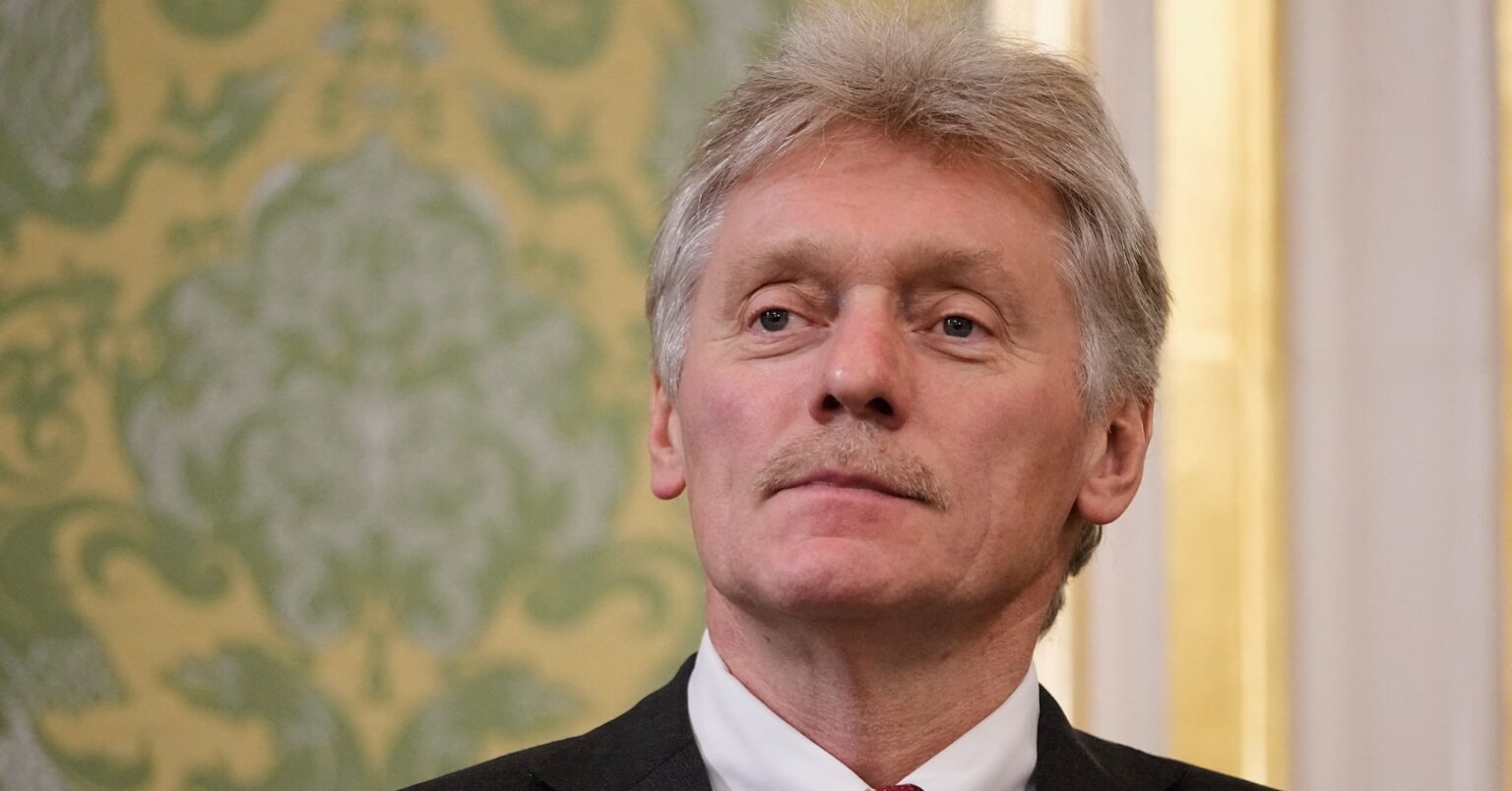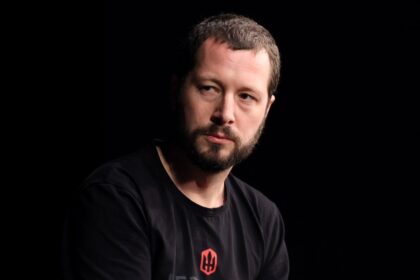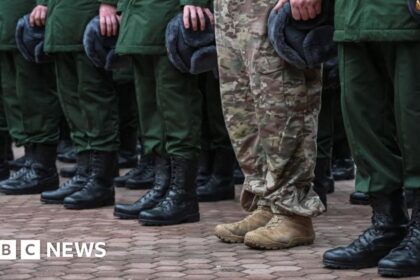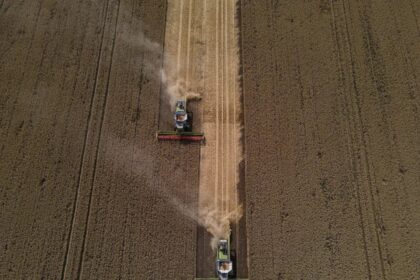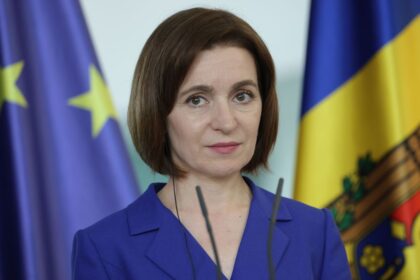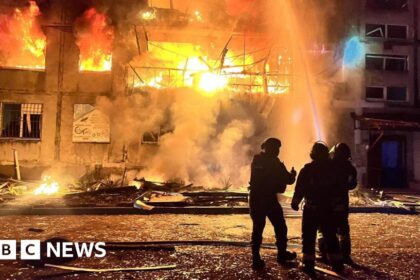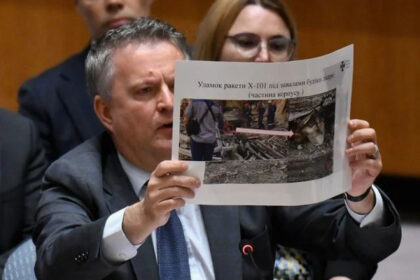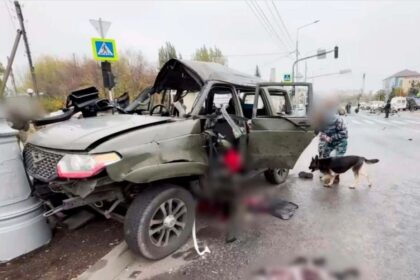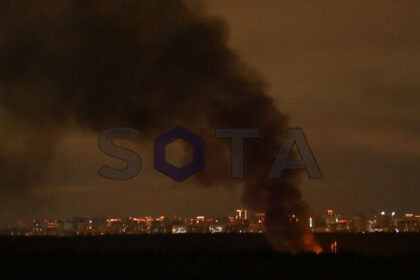**New Peace Talks Planned for Wednesday in Turkey**
After a seven-week break, the next set of peace talks between Ukraine and Russia is scheduled to take place on Wednesday in Turkey. This was announced by Ukrainian President Volodymyr Zelenskiy, who quoted Oleksiy Danilov, the head of Ukraine’s National Security and Defence Council, as saying that the meeting is planned for this week.
In his nightly video address, Zelenskiy emphasized the need for greater momentum in negotiations to bring an end to the war. He stated that the Ukrainian delegation has a clear agenda, including the return of prisoners of war, the release of children abducted by Russia, and preparation for a leaders’ meeting.
The Kremlin, however, downplayed the significance of these talks, stating that the two sides have “diametrically opposed” positions on how to end the conflict. Kremlin spokesman Dmitry Peskov acknowledged that there are two draft memorandums – one from Ukraine and one from Russia – but noted that they are fundamentally at odds.
**Background and Analysis**
The current conflict between Ukraine and Russia has been ongoing for almost three and a half years, with no significant breakthrough towards a ceasefire or settlement. The United States has also been pressing Russia to show progress in ending the war, with President Donald Trump threatening new sanctions on Russia and countries that buy its exports if there is no deal within 50 days.
Zelenskiy’s call for greater momentum in negotiations reflects his frustration with the lack of progress in talks. Despite two previous rounds of talks in Istanbul, which led to the exchange of thousands of prisoners of war and the remains of dead soldiers, no meaningful breakthrough has been achieved.
The fact that the next set of talks is taking place on Wednesday suggests that both sides are willing to continue negotiations, even if they have fundamental differences in their positions. However, it remains to be seen whether these talks will yield any significant progress towards a resolution.
Read More @ www.reuters.com




